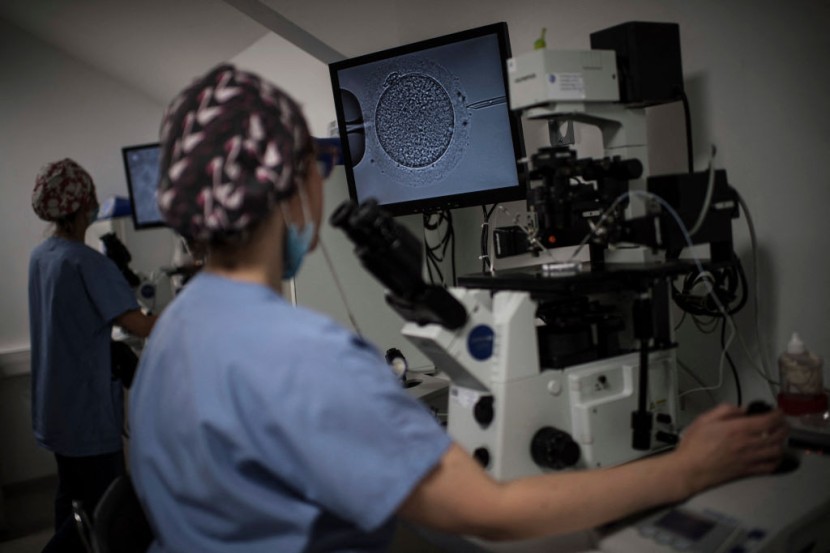
A successful CRISPR cancer trial on a new approach to treating the illness paves the way for personalized treatment by being designed to directly attack a patient's tumor from within.
In a new study that was published in the journal Nature on Thursday, researchers detailed the new approach that combines several cutting-edge technologies. It would provide perhaps "the most complicated" treatment ever given to human beings.
Personalized Cancer Treatment
A physician-scientist who directs the Center for Cell Engineering at Memorial Sloan Kettering Cancer Center, Dr. Michel Sadelain, who was not involved with the study, says that the results show a glimpse into the future of cancer therapy.
Furthermore, the study showed that it was possible and relatively safe to turn the immune system against cancer by utilizing a highly personalized approach, said Sadelain. Also, Dr. Antoni Ribas, who helped with the study, said that the new approach was the most complicated treatment he had ever given. In the early trial, it was not able to cure or even help the 16 patients who received it, as per USA Today.
However, the potential of the treatment is the ability to give people an effective treatment individualized across many different variables that could open up a new era in cancer therapy. Ribas, who is a professor of medicine at UCLA and at UCLA Jonsson Comprehensive Cancer Center, added that if we turn on our immune system right away, it has memory and can lead to long-term responses.
The biggest hurdle in fighting cancer is that the disease's cells look pretty much the same as every other cell in a person's body. While chemotherapy and radiation treatments are as targeted as they can be, they still kill off a lot of healthy cells on top of the cancer cells.
According to Nature, the study aimed to combine two hot areas in cancer research, namely gene editing to create personalized treatments and engineering human cells called T cells to target tumors.
Directly Targeting Tumors
The team of researchers began the study by sequencing DNA from blood samples and tumor biopsies in order to find mutations that are located in the tumor but not in the patient's blood. The process had to be done for every person in the trial. Ribas said that this was because the mutations were different in every cancer and noted that shared mutations were only the minority.
Then, the team used algorithms to predict which of the mutations was more likely to be capable of provoking a response from the T cells. The chief scientific officer at PACT Pharma in South San Francisco, California, Stephanie Mandl, said that if a T cell sees something that was not normal, it would kill it.
She added that what they were trying to do was harness all of the patients' tumor-specific mutations. Mandl's company worked with experts from the University of California, Los Angeles, the California Institute of Technology, and the non-profit Institute for Systems Biology in Seattle in designing the personalized therapies that were used in the study, Wired reported.
Related Article : US Study Says Dietary Supplements Don't Help in Keeping Heart Healthy, But Statins Do
© 2026 HNGN, All rights reserved. Do not reproduce without permission.








